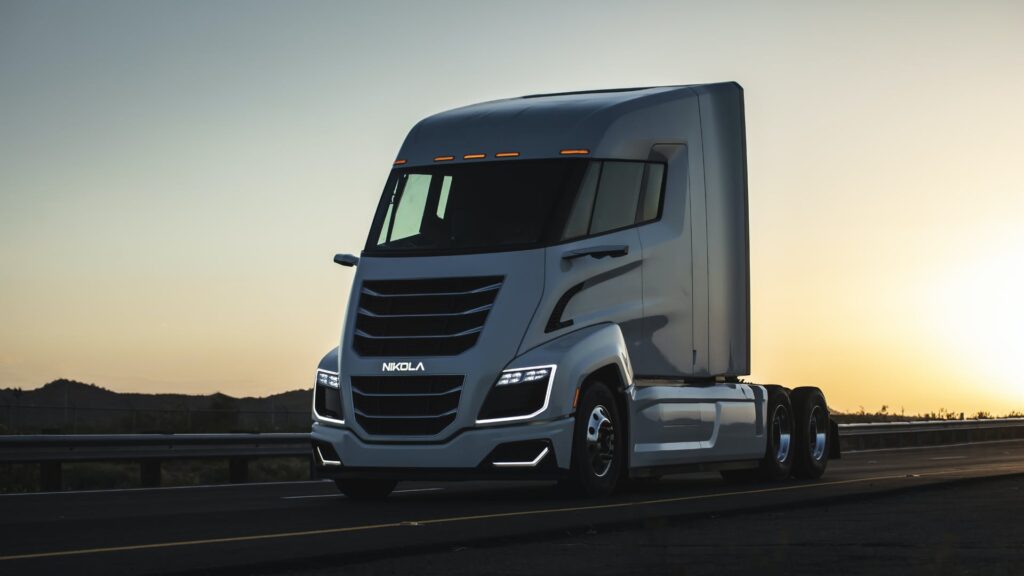Nikola Corp., once a promising player in the electric vehicle (EV) industry, has recently filed for bankruptcy protection after failing to secure a buyer or raise enough funds to sustain its operations. The company, which was once valued higher than Ford and had a significant partnership with General Motors, announced its plans to sell off its assets through an auction pending court approval.
The downfall of Nikola can be traced back to a series of controversies surrounding its founder, Trevor Milton, who was convicted of fraud in 2022. Milton was accused of misleading investors about the company’s technology, with allegations of faking demonstrations of its hydrogen-powered trucks and other deceptive practices. These revelations dealt a significant blow to Nikola’s credibility and reputation in the industry.
Furthermore, the company’s actual production of electric semitrucks has been marred by delays and safety issues. Since its launch in 2022, Nikola has only managed to build 600 trucks, many of which were later recalled due to safety concerns. These setbacks, coupled with a lack of sufficient funding, ultimately led to Nikola’s financial collapse.
Despite efforts to overcome these challenges, Nikola’s financial struggles became insurmountable, prompting the decision to seek bankruptcy protection. The company’s assets are now set to be sold off, marking the end of what was once touted as a disruptor in the EV space.
The rise and fall of Nikola serve as a cautionary tale about the dangers of hype and overvaluation in the tech industry. As the dust settles on Nikola’s demise, it is evident that sustainable success in the EV market requires more than just ambitious promises and flashy demonstrations. Investors and industry observers alike are reminded of the importance of due diligence and scrutiny when evaluating the prospects of emerging companies in the rapidly evolving electric vehicle landscape.

